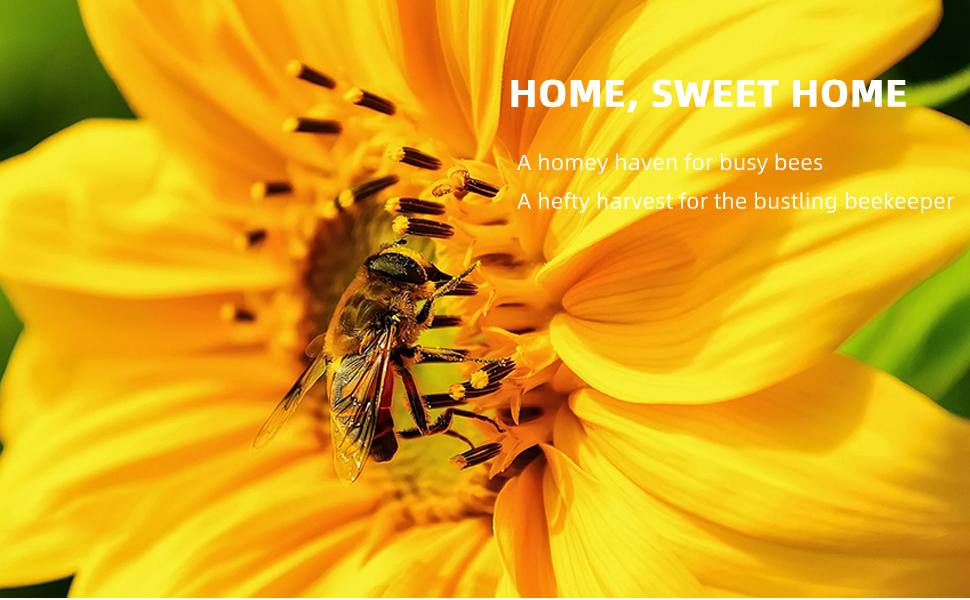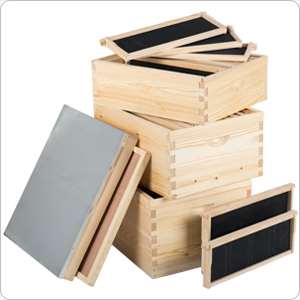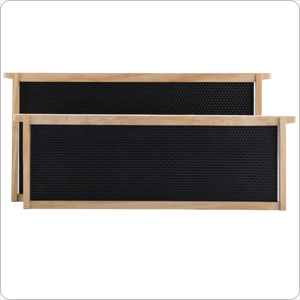
Regular price
$179.99
Regular price
$199.99
Sale price
$179.99
Features:
- Cedar Construction for Durability: With natural pinewood outside frames without honeycomb foundation frames, our beehive frames can resist wear and stand up to years of use even in the toughest environments.
- Larger Volume: This 16-1/4” x 22” x 29-1/2” 30-Frame equipment is larger than 20 frame wood equipment by approximately 30 percent. When full of honey, a full 30-Frame beehive can generate 20% more honey than that of an 8-frame beehive.
- Metal Roof: Pre-assembled metal roof helps to keep out the elements and maintain the purity as well as the freshness of honey.
- Complete Design: Designed with a solid bottom board, entrance reducer, and inner cover for your convenience.
- Include Everything You Need: The Beekeeping kit comes with everything you need to build a tight & sturdy beehive; assembly can be completed in up to 10 minutes.
Related products:



























